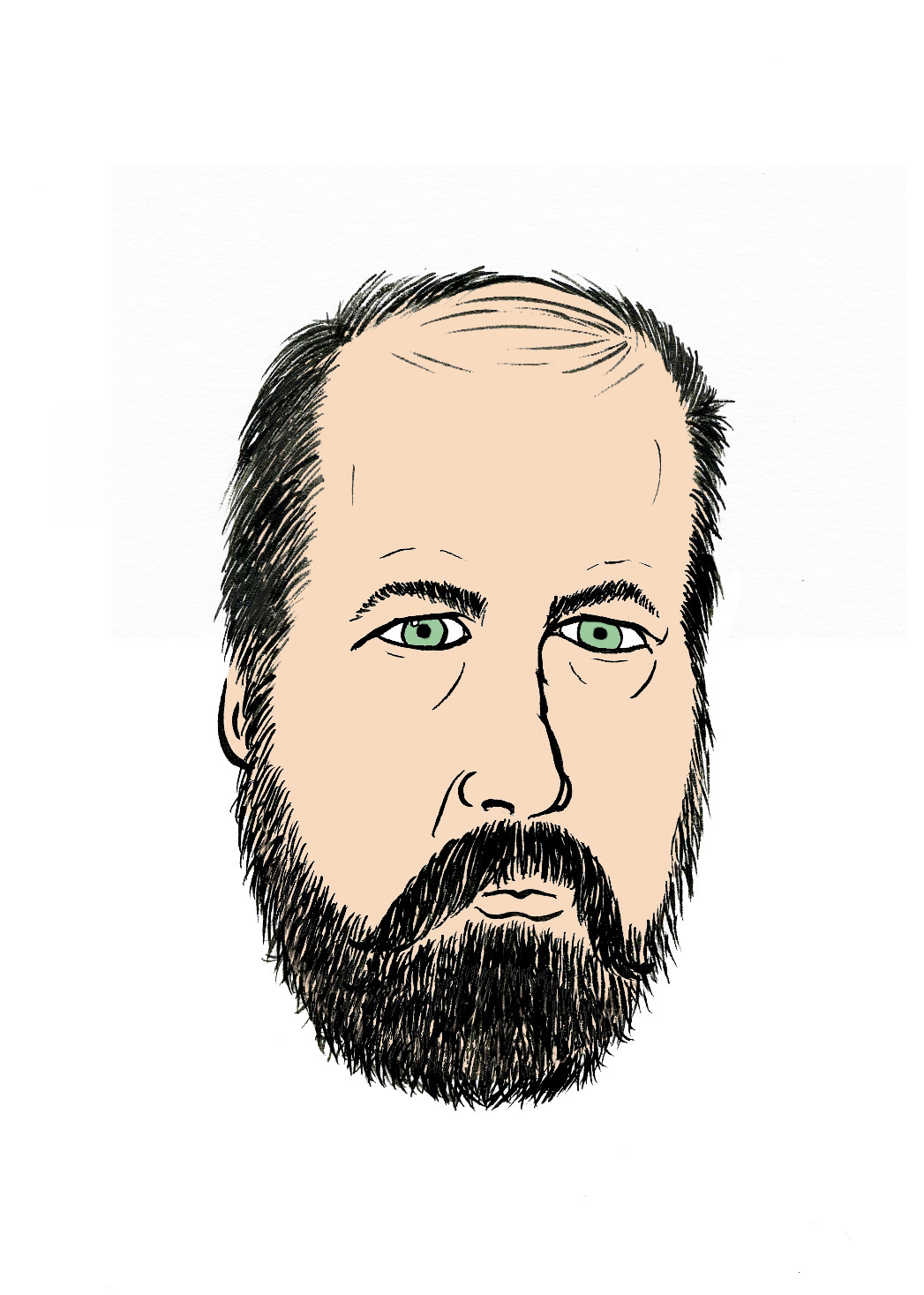Many people are concerned about so-called special-interest influences on government policy. These interests have the right to form a group or entity to further their goals. The individual citizen also has this right. The new partisan top-two election system in Washington dilutes the purpose of citizens banding together in a traditional political party; while big-money interests remain untouched.
Private associations can consist of a group of citizens, businesses, trades, or others sharing needs or values. Most interest groups are focused on specific issues. Political parties are distinct from other interest groups in that they speak to a wider swath of issues. It’s like a one-stop shop for various common goals and beliefs.
This past Saturday, most county Democratic and Republican Party organizations in Washington held conventions. The Libertarian Party held their state convention also.
At our convention, the local Democratic Party organization took care of important business. Among other agenda items, we voted on resolutions and ratified our 2008 county party platform—reflecting on issues we thought important to our community, state, and nation. If we didn’t have the ability to come together as a party of common beliefs, we’d have to pick through a countless list of single-issue advocacy groups.
There are the NRA, NARAL, PETA, MADD, AARP, MPP, and many other acronym-named organizations to join. Indeed, if an individual feels strongly enough about what’s advocated by a single-issue association, they’ll join and could give financial support. That also means following the group’s specific agenda to achieve their goals—and there’s only so much time for each issue.
Inclusion/Exclusion
The Democratic caucuses held on February 9 were open to most anyone who wanted to associate with the party. All you had to do was sign in to declare your affiliation with the party in this presidential nomination.
Other types of advocacy groups are not so inclusive. Labor unions are large private organizations that advocate for issues on behalf of their members. Trial attorneys have a group that advocates for their needs. So do insurance companies. These groups also have large financial resources and influence in government. There are criteria to join these groups: you can’t just walk in and sign up.
The Washington State Grange, sponsor of I-872, our new partisan top-two primary, has its own membership requirements. Any candidate to join needs to be voted in by the membership at a meeting. As an active member, I’ve never seen a vote where anyone was denied joining. Regardless, members do have the right to exclude someone they deem unworthy.
In Boston a few years back, a group of veterans didn’t want another group, which advocates equality for same-sex couples and others in the gay community, marching in their parade. The veterans had the right not to have their message altered. On first glance, for someone like myself who supports equal protection for same-sex couples, this exclusion is a bad thing. But this right works both ways. People organizing gay-pride events also have the right to exclude. I am aware that this right was exercised when a fringe group that advocated the legalization of sexual relations between adult men and minor boys was denied participation in a pride parade.
A private organization ought to be able to have some control over its message by determining who can associate with it. The members have done the work of maintaining that name through events, policy initiatives, and promotions. Why should their name be up for grabs?
Identity Politics
The new partisan top-two elections give away the name of a political group to whomever wants it. The candidate will state that they either prefer the Democratic or Republican party. Libertarians, Greens, and others can also be stated as a candidate’s preference. People identify with these organizations, which is why their names will be placed on the ballot whether or not there is any real connection to the candidate.
If a party is merely a candidate’s preference on the ballot, and not reflective of an actual link to a political association, an individual citizen will have to find other ways to get together with like-minded others to make their collective voice heard. It just won’t be as simple and straightforward as forming or participating in a political party.





